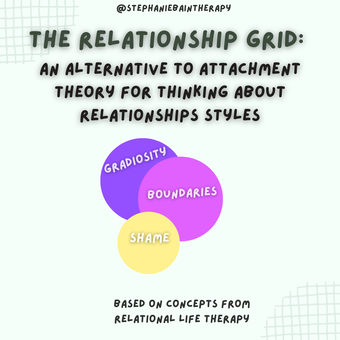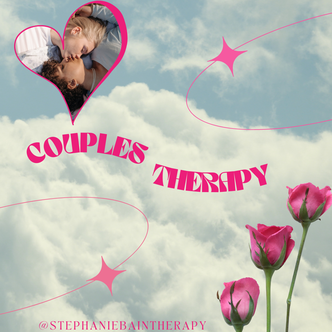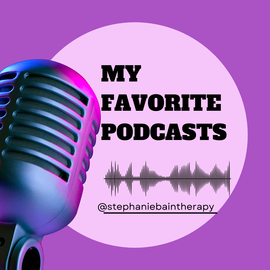The Relationship Grid: An Alternative to Attachment Theory for Thinking About Relationship Styles5/30/2023 Attachment theory isn't the only way to think of how you and your partners show up in relationships. The Relationship Grid developed by Terry Real can be helpful to identify the strategies you use when stressed or in conflict.
Which quadrant do you find yourself?
0 Comments
As a couples therapist in Oakland, CA, new clients are often curious about what happens in couples therapy saying, "I know how regular therapy works, but what about couples therapy?"
A Spotify playlist with some of my favorite podcast episodes on attachment theory. These are episodes I recommend again and again as a couples therapist in Oakland, CA.
|
AuthorStephanie Bain, LMFT Archives
April 2024
Categories
All
***Resources are not a substitute for therapy and are not intended for making diagnoses or providing treatment. Not all practices and tools are suitable for every person. Please discuss exercises, practices, and tools with your individual therapist or health care provider.
|




 RSS Feed
RSS Feed